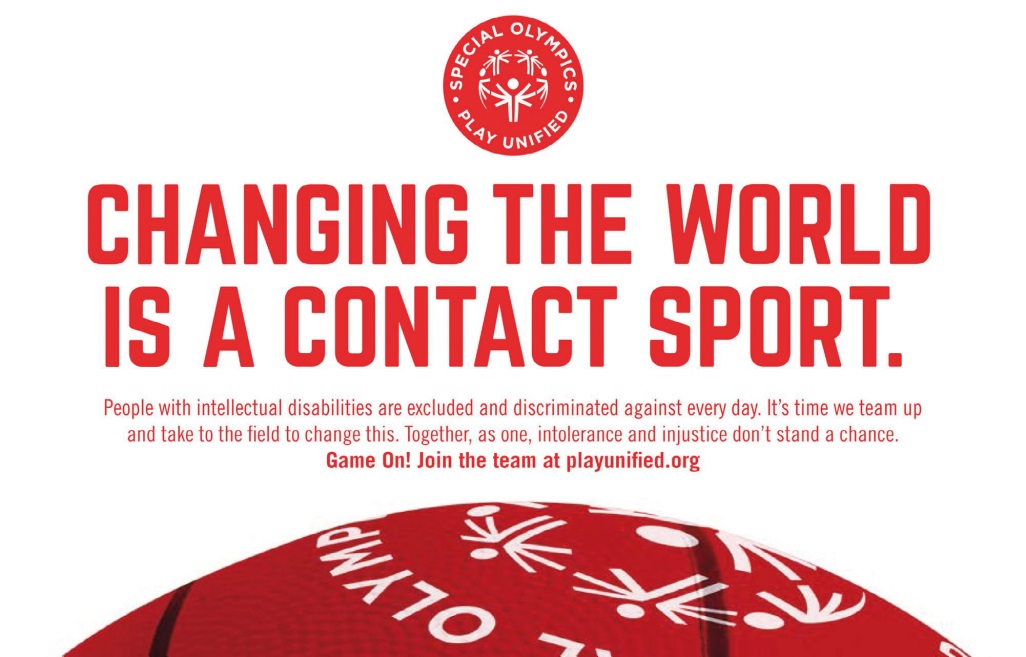
PEAK PERFORMANCE: Cornell got her start in Special Olympics on the ski slopes. "My mom convinced me in high school that I needed to try it out again, and I ended up loving downhill skiing."
One of those areas is her work with Special Olympics Michigan. Cornell is Michigan's first official Health Messenger, and her cooking class is just one aspect of that position. Cornell is trained to be a health and wellness leader, and she also focuses on being an advocate and role model for the community. During trips to Washington, D.C., she and her colleagues meet with lawmakers and leaders in health care to improve access for people with intellectual disabilities. They are pushing to add more public health programs, improve health systems and engage community support.
Heather Burke, Director of Sports and Training for Special
Olympics Michigan, says Cornell's efforts have opened the eyes of many athletes. In fact, some want to follow in her Let's Get Healthy Together footsteps. "We've got a couple of athletes who are now going to be learning the cooking class themselves, and offering it so that we can expand our reach outside of the southwest region here," Burke says.
Cornell recognizes and appreciates the opportunity she has to influence others in a positive way and to bring about change. "Being a Health Messenger has been super important to me because I'm able to help other athletes," Cornell says. "I see the changes and the differences that are made in the athlete's life. I sit on Zoom calls and listen to athletes say, "Hey, I learned that in Kayla's cooking class. I learned to drink more water and eat healthier."
As a result, she started a college program this year to focus on becoming a dietitian. Cornell is taking online nutrition classes through the Community College of Denver, and her first class is human nutrition. With no graduation date set and taking one course at a time to start, she says, "I'll figure out how long it's going to actually take, but I will get there, it doesn't matter how long it takes."
Once a certified dietitian, Cornell plans to continue her work with people with intellectual disabilities and eventually help people who are hard of hearing as well. "I think that a big reason why I want to work with them is because I understand and can relate to what they're going through," Cornell says. "I can relate to understanding mindful eating. You know, a lot of the eating stuff is they're bored. They're stressed, they get anxiety—and I get that."
Soon, Cornell will have a degree to back up the natural leader and encourager in her, and she will no doubt continue to inspire others along the way.
ABOUT THE AUTHOR:
RJ Nealon is a Special Olympics athlete, reporter, communications fellow, alumnus of the University of Alabama and former ESPN intern.
